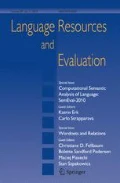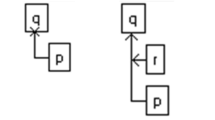Abstract
The importance of “reasoning” in law is pointed out. Law and jurisprudence belong to the “reasoning-conscious” disciplines. Accordingly, there is a long tradition of logic in law. The specific methods of professional work in law are to be seen in close connection with legal reasoning. The advent of computers at first did not touch upon legal reasoning (or the professional work in law). At first computers could be used only for general auxiliary functions (e.g., numerical calculations in tax law). Gradually, the use of computers for auxiliary functions in law has become more specific and more sophisticated (e.g., legal information retrieval), touching more closely upon professional legal work. Moreover, renewed interest in AI has also fostered interest in AI in law, especially for legal expert systems. AI techniques can be used in support of legal reasoning. Yet until now legal expert systems have remained in the research and development stage and have hardly succeeded in becoming a profitable tool for the profession. Therefore it is hoped that the two lines of computer support, for auxiliary functions in law and for immediate support of legal reasoning, may unite in the future.
Similar content being viewed by others
Author information
Authors and Affiliations
Additional information
Herbert Fiedler is professor of Legal Informatics, general theory of law and penal law in the Department of Economics and Law at the University of Bonn.
Rights and permissions
About this article
Cite this article
Fiedler, H. Computers and legal reasoning: Developments in Germany. Comput Hum 25, 141–147 (1991). https://doi.org/10.1007/BF00124150
Issue Date:
DOI: https://doi.org/10.1007/BF00124150




